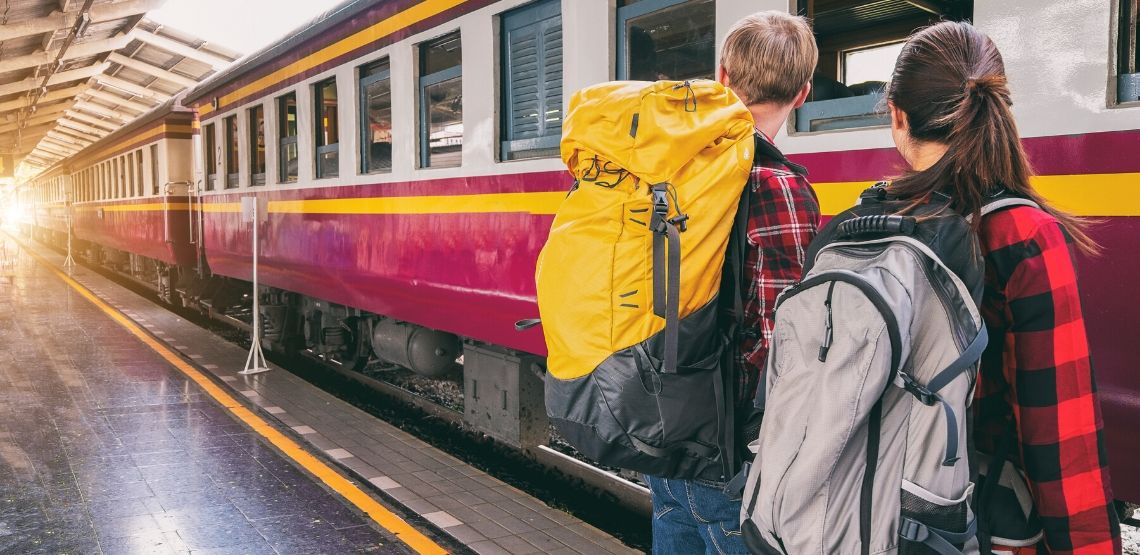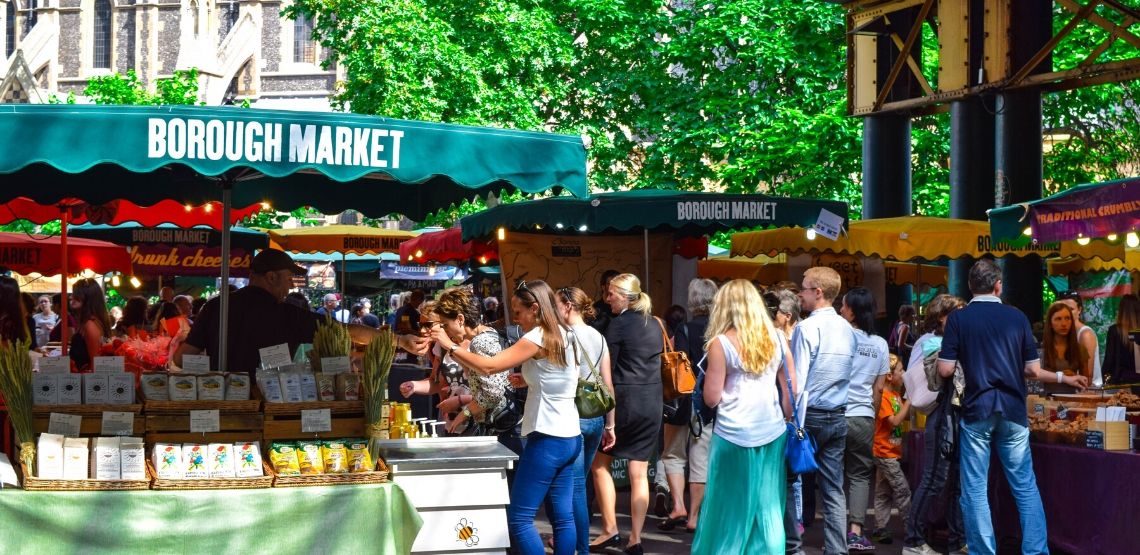How to Leave a Green Footprint When Traveling
How to Travel Eco-Friendly
The urge to travel comes from a deep desire to see as much of the world as possible. You dream of visiting new countries, meeting new people and immersing yourself in another culture. However, it’s important to know how to travel eco-friendly and to think about the impact travel has on the environment. Jetting around the world does take its toll on the earth, but there are things you can do to reduce the harm you cause, known as eco-travel. Here are sustainable travel trends to keep in mind if you want to maintain eco-friendly travel.
Fly as Little as Possible
Airplanes generate an incredible amount of CO2, which is the gas that contributes to the greenhouse effect and worsens global warming. The best way to reduce your CO2 emission is to fly as little as possible.
Whenever you can, try to take trips that involve trains, buses or boats rather than airplanes. Out of all the different ways of getting around, a flight causes the most pollution per kilometer. So, look for travel destinations closer to home and embrace land travel. (If you can get around via pollution-free methods such as walking, cycling or horseback riding, even better!)
Or, consider flying to a region and then traveling around via land when you get there for the remaining duration of your trip. It will mean you get around more slowly and see fewer locations, but this can force you to take your time and really experience a place.
If you do book a flight, do not forget to offset your CO2 emission. Sometimes you can do this right on the booking website or with the airline. If not, here are some other ways you can offset your carbon footprint on your flight.
Eat Locally
Try to eat local food wherever you go when you travel. Eating locally has two major advantages. First of all, it is better for the planet as you are not eating ingredients or products that have been shipped over vast distances. Secondly, it makes for a better travel experience because you will be able to taste and learn about the local cuisine.
Do some research to find out which fruits, vegetables and dishes are grown and made locally. Shop in the local market rather than the supermarket and eat at smaller, family-run restaurants off the beaten tourist track. When you decide to eat locally, the food will be fresher and you will likely get to taste something you cannot get at home!
These cruise tips will ensure you have the best time on your next vacation. Learn what to pack, how to save money on drinks, and how to choose your cabin.
Pack Smart
When you travel, try to pack as lightly as possible. Not only will it make it easier for you, it will also mean you can travel carry-on-only and not have to pack a bag. Plus, no matter what mode of transport you use, it will use less fuel thanks to the lighter load.
Think of ways that you can make your travel gear more practical and sustainable. For example, rather than using tiny bottles of shampoo and conditioner, you can use a solid shampoo bar. Or, buy a reusable mini bottle and refill it from a larger bottle every time you go on a trip.
Look for eco-friendly fabrics and items made from recycled materials. Try to avoid plastic when you can and opt for wood or bamboo. If you can, reuse things or buy second hand rather than buying all new items every time you go on a trip.
Invest in a Water Filter
In some countries where you might travel, it is unsafe to drink the tap water. However, this does not mean you have to pollute the landfills with multiple plastic bottles. Bring along a water bottle with a purification filter so that you can safely drink the tap water. This will not only save you money in the long term, it will be a huge benefit to the environment.
Skip the Room Cleaning
Ask yourself whether you really need your hotel room cleaned every day of your stay. Daily cleaning is a luxury, but many people find it is not necessary during a longer hotel stay. Leaving the “Do Not Disturb” sign up every now and then means that you will save the electricity needed for the vacuum cleaning, the water needed to wash the linens and clean the bathrooms, and the footprint the cleaning chemicals can leave behind.
Leave Your Green Footprint
While traveling is not suitable right now, it is great to think about how you can soften your carbon footprint on a daily basis. For travelers, this is how to do it. Remember, travel as much as possible without flying, eat locally, pack smartly with your toiletries and avoid room cleaning if necessary.









